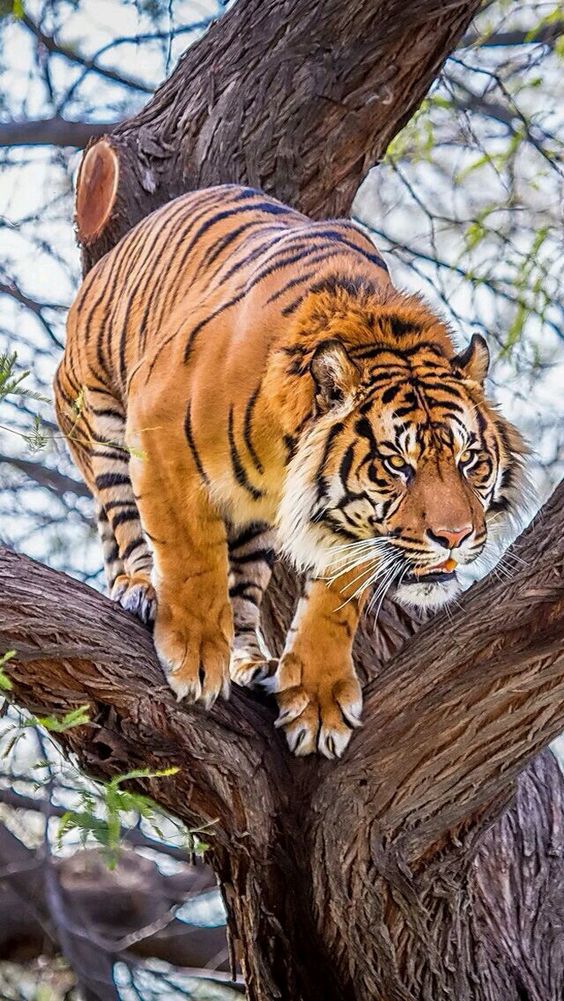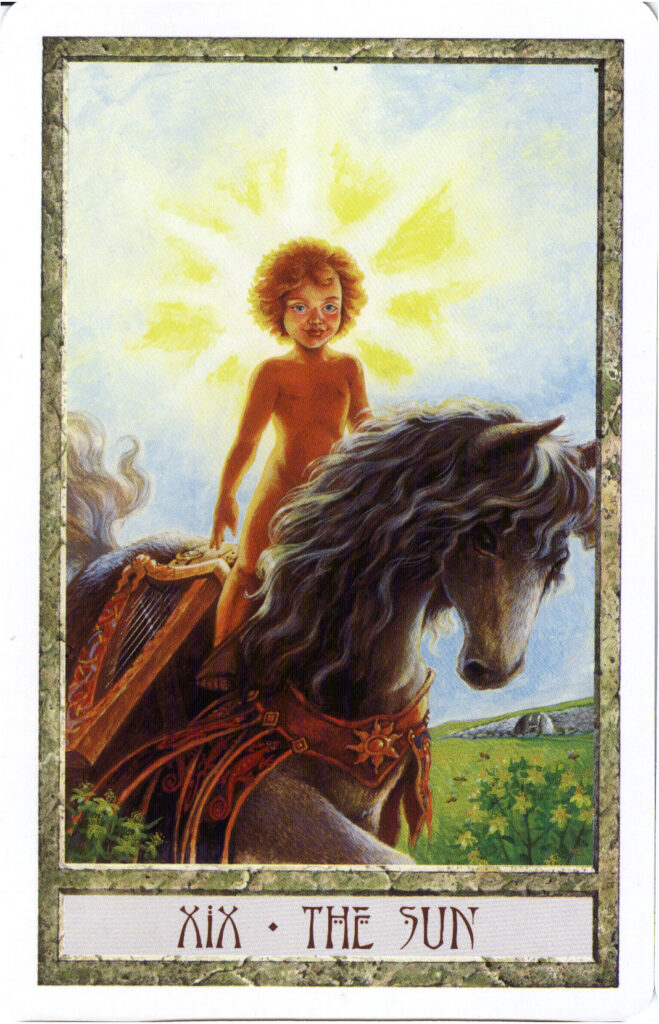Dear Integral Meditators,
Is your idea of who you are helping you or hindering you in your life? The article below explores this question, and how you can start to apply it to your own expediencies in a practical way!
In the spirit of leaping,
Toby

Leaping like a Tiger (Mindful of your Self-Concept)
Your idea of who you are
Your self-concept is your idea of who you are. It is an image that you hold in your head, often unconsciously, about the type of person you are, what you are capable of , what you can and can’t do. It has been formed by your upbringing and principle role models, your parents, teachers and so forth. It is also formed by your experiences, the choices you have made, by how often you have experimented by pushing yourself beyond your perceived limitations.
Are you a Tiger or a Jackal?
When I first started meditating, I once asked my main teacher, who was a Buddhist Monk why he became a monk, as opposed to trying to attain enlightenment as a lay teacher, staying in relationships, having a family and so on. He replied with a quote from the 13th Century Tibetan Yogi Milarepa, saying “If a jackal tries to jump where a tiger leaps, he will only break his neck”. His meaning was that he recognized his limitations. A monk’s life was a simple affair relative to a working family life, therefore easier to maintain a meditation practice than if one is a layman/woman. He, as the ‘jackal’ should recognize his limits, and go for the ‘safer option’ of being a monk.
In the years to come I duly became a monk in order to develop my meditation practice, living a life of relative ‘limitation’. After five years I reached a point where I decided to leave the monastic life, and go back to the life of a working layman, engaging in relationships and having a family. During that time I had to confront my fears that I would not be ‘big’ or capable enough to sustain my inner development amidst all the challenges and distractions. Part of me still believed that I was the jackal, and on course to break my neck as I lept. During this time I really recognized the importance of identifying with the ‘Tiger’ in me. In order to meet and transform my challenges I had to be bigger, bolder, faster, more confident than my old self-concept allowed. I had to believe that I could leap with confidence and not break my neck. For example:
- I had to believe that I could become a successful business man and entrepreneur despite being an ex-monk and before that an artist (not exactly and MBA graduate)
- I had to know that I was capable of engaging in the emotional complexity of relationships and child-rearing and turning it into a path of inner growth and enlightenment
- I had to believe that I could make a good living and meet my middle-aged financial responsibilities solely from activities relating to my passions and interests
- I had to fully own and occupy my space as a meditation teacher without the outer ‘authority’ and endorsement of being a monk and/or part of a recognized organization.
In short, I had to believe in my potential, recognize my capability, be the tiger, and leap! Again, and again and again…
There are certainly times when it may be advisable to be the jackal; to recognize that you should not try something that you are really not ready for and that can even be dangerous. However, too often we identify ourselves as the jackal in situations where our potential is actually the tiger. Our self-concept artificially limits our potential.
What are the situations in your life where you should really be leaping, not holding back?
© Toby Ouvry 2018, you are welcome to use or share this article, but please cite Toby as the source and include reference to his website www.tobyouvry.com
Upcoming Courses at Integral Meditation Asia
Ongoing on Wednesday’s, 7.30-8.30pm – Wednesday Meditation Classes at Basic Essence with Toby
Ongoing on Tuesday evenings, 7.30-8.30pm – Tuesday Meditation Classes at One Heart with Toby (East coast)
Tuesday 2nd & Wednesday 3rd January – 2018 New year releasing and inviting meditation
Saturday January 13th, 2-5pm – Integral meditation & mindful walking deep dive half day retreat
Saturday January 20th – 9.30am-1pm – Meditations for Developing the Language of Your Shadow Self
Integral Meditation Asia
Online Courses * 1:1 Coaching * Books * Live Workshops * Corporate Mindfulness Training *Life-Coaching * Meditation Technology









